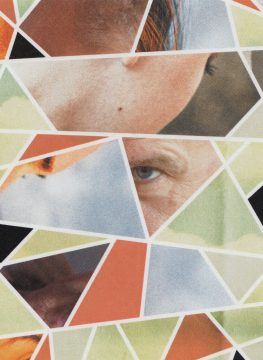Ruth Franklin in The Atlantic:
 Writing in The New York Times in June 2003, less than two years after the events of September 11 shattered the complacency with which many Americans conducted their lives, the British critic Michael Pye lamented an unlikely casualty of the new era: the ability to occupy ourselves with a superficial novel while sitting in an airport lounge or drifting at 30,000 feet. With tanks now standing guard at London’s Heathrow Airport, what was once an ordinary plane trip had acquired “an element of thoroughly unwanted suspense.” The usual reading material, Pye argued, would no longer do. “We stand in need of something stronger now: the travel book you can read while making your way through this new, alarming world.”
Writing in The New York Times in June 2003, less than two years after the events of September 11 shattered the complacency with which many Americans conducted their lives, the British critic Michael Pye lamented an unlikely casualty of the new era: the ability to occupy ourselves with a superficial novel while sitting in an airport lounge or drifting at 30,000 feet. With tanks now standing guard at London’s Heathrow Airport, what was once an ordinary plane trip had acquired “an element of thoroughly unwanted suspense.” The usual reading material, Pye argued, would no longer do. “We stand in need of something stronger now: the travel book you can read while making your way through this new, alarming world.”
The Canadian writer Emily St. John Mandel used these lines as an epigraph to her second novel, The Singer’s Gun (2010), a book haunted by 9/11. But her entire body of work—her new novel, The Glass Hotel, is her fifth—can be read as a response to Pye’s demand. Mandel’s deeply imagined, philosophically profound reckonings with life in an age of disaster would indeed be appropriate companions alongside a plastic cup of wine and a tray of reheated food (if we’re lucky). But they are equally welcome at home during anxious days of following the news cycle or insomniac nights of worrying about the future. “You can make an argument that the world’s become more bleak, but I feel like we always think we’re living at the end of the world,” Mandel said in a recent interview at the University of Central Florida. “When have we ever felt like it wasn’t going to be catastrophic?”
More here.
